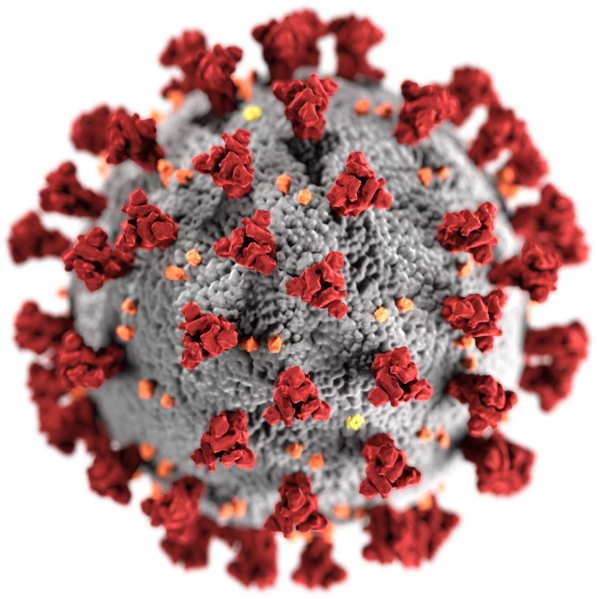COVID-19 survivors are at greater risk of incurring cardiovascular complications in the future, according to a new study by led by researchers in the United States. Recovering from the coronavirus disease 2019 (COVID-19) can have various risks on respiratory health, as it was discovered since 2020. However, the new research points out that even a COVID-19 recoveree's cardiovascular health is at risk.
Since the onset of the COVID-19 pandemic in March 2020, little is known about the relation between a COVID-19 recovery and cardiovascular event. Now, a novel approach suggests that even the severe acute respiratory syndrome coronavirus 2 (SARS-CoV-2), which causes COVID-19, is also capable of making one to be vulnerable to various cardiovascular diseases, including arrhythmias and heart attack.
As of August 2022, the pandemic has infected hundreds of millions worldwide, along with multiple cases of deaths and hospitalizations. Despite the advent of vaccines, SARS-CoV-2 continues to mutate into other variants, where some are more transmissible but less deadly compared to their predecessors.
Cardiovascular Complications

In the new paper published in the journal Clinical Infectious Diseases on August 19, the research team evaluated the relationship between COVID-19 severity and subsequent risk of cardiovascular event in a large cohort of US adults.
The team used a claims database derived from a retrospective cohort study of adults who were diagnosed with COVID-19 between April 2020 and May 2021.
The results showed that COVID-19 patients hospitalized or those who required critical care had a higher risk of post-COVID-19 cardiovascular event.
The findings still underscore the important of preventing a SARS-CoV-2 infection and its progression to severe illness to reduce the risk of long-term cardiovascular complications.
Also Read: Record Breaking: Cancer Survivor Carries COVID-19 for 335 Days - the Longest Duration Known
The COVID-19 Pandemic
Prior to the development of COVID-19 vaccines, the airborne disease is known for causing mild to severe respiratory illness to an infected person. Most recover without requiring special treatment.
Yet, older people and individuals with underlying medical conditions like cardiovascular disease, chronic respiratory disease, cancer, or diabetes are more likely to develop serious illnesses, according to the World Health Organization (WHO).
The WHO outlines the most common symptoms of COVID-19:
- fever
- cough
- tiredness
- loss of smell or taste
Meanwhile, the less common symptoms are:
- sore throat
- headache
- aches and pains
- diarrhea
- skin rash
- red or irritated eyes
The international health body still recommends that the best way to prevent infection is to keep a safe distance from others, wear a face mask, wash hands regularly, and get vaccinated.
Global COVID-19 Cases
There are approximately 598 million total cases and 6.46 million deaths from COVID-19 recorded worldwide as of August 25, according to the Coronavirus Resource Center of Johns Hopkins University.
In the US, there 93.7 million total cases and 1.04 million deaths, with Los Angeles, California to be the leading county with the highest number of confirmed cases nationwide. It is followed by Miami-Dade and Maricopa counties.
© 2025 NatureWorldNews.com All rights reserved. Do not reproduce without permission.





